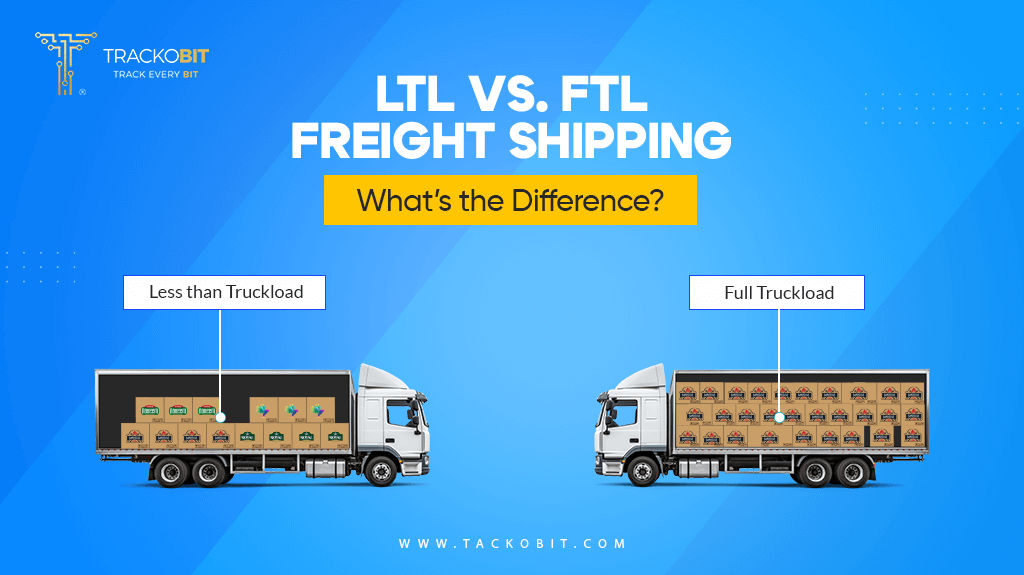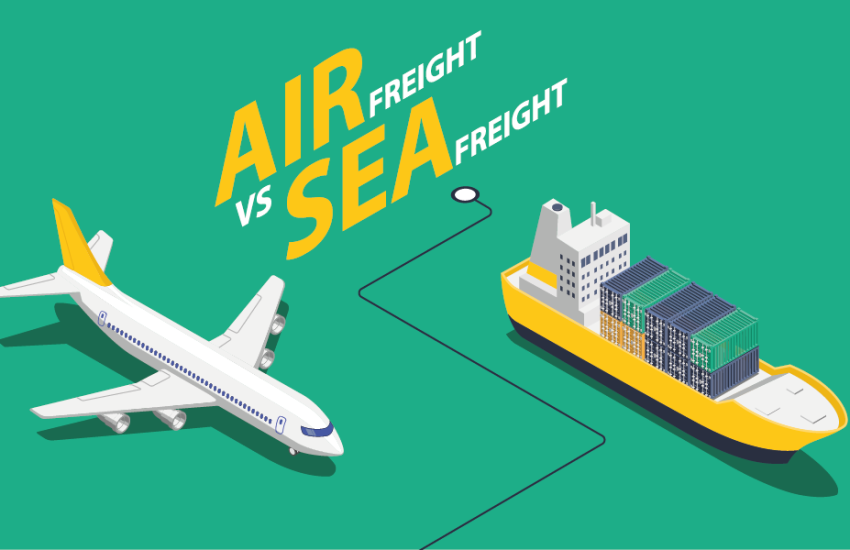Understanding LTL vs FTL Freight Services
In the world of logistics and transportation, there are two common terms that are often used interchangeably – LTL and FTL. While they both refer to methods of transporting goods from one point to another, there are some key differences between the two that are important to understand. In this article, we will break down the differences between LTL and FTL freight services to help you determine which option is best for your shipping needs.
What is LTL Freight Service?
LTL stands for Less Than Truckload, which means that the freight being transported does not fill an entire truck. Instead, the shipment is combined with other shipments from multiple customers to fill the truck. This allows shippers to only pay for the space they need, making it a cost-effective option for smaller shipments.
When using LTL freight services, your shipment will be picked up and delivered by a carrier with a network of terminals and distribution centers. The carrier will handle the consolidation, sorting, and delivery of the freight, making it a convenient option for businesses that do not have the resources to manage their own logistics operations.
What is FTL Freight Service?
FTL stands for Full Truckload, which means that the entire truck is dedicated to one shipment. This option is typically used for larger shipments that require the full capacity of a truck. While FTL freight services are more expensive than LTL, they offer faster transit times and less risk of damage or loss compared to LTL shipments.
When using FTL freight services, the shipper has more control over the transportation process. They can choose the type of truck, schedule the pickup and delivery times, and track the shipment in real-time. This makes FTL a preferred option for businesses that have high-value or time-sensitive freight.
Key Differences Between LTL and FTL Freight Services
Cost
One of the main differences between LTL and FTL freight services is cost. LTL is generally more cost-effective for smaller shipments since shippers only pay for the space they need. FTL, on the other hand, is more expensive but offers faster transit times and more security for the shipment.
Transit Times
LTL shipments typically take longer to reach their destination compared to FTL shipments due to the consolidation and sorting process. FTL shipments, on the other hand, are delivered directly from pickup to delivery without any stops along the way, resulting in faster transit times.
Risk of Damage or Loss
Since LTL shipments are handled multiple times during the consolidation and sorting process, there is a higher risk of damage or loss compared to FTL shipments. FTL shipments, being dedicated to one shipment, have less risk of damage or loss during transit.
Which Option is Best for Your Shipping Needs?
When choosing between LTL and FTL freight services, it is important to consider the size of your shipment, transit time requirements, and the value of the goods being transported. If you have a small shipment that is not time-sensitive, LTL may be the best option for you. On the other hand, if you have a large shipment that requires fast delivery and added security, FTL may be the better choice.
Ultimately, the decision between LTL and FTL freight services will depend on your specific shipping needs and budget. By understanding the differences between the two options, you can make an informed decision that will ensure your goods reach their destination safely and on time.


